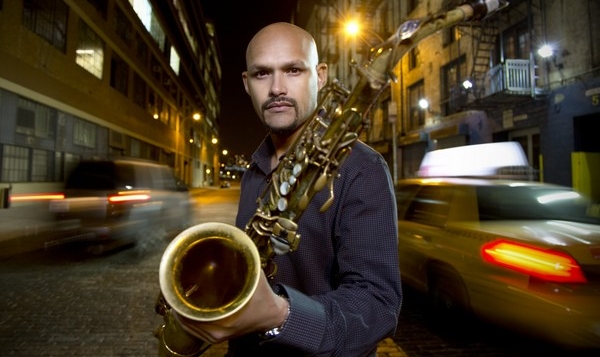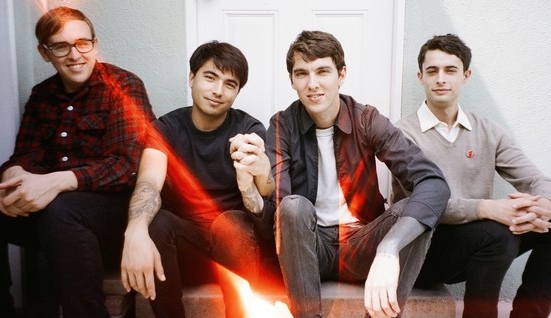“The only reason I moved over there is to study jazz,” Zenón says. “There wasn’t an institution at Puerto Rico at the time that could teach me the basics about it. So I started studying jazz and immersing myself in the style, the history of the music, the tradition of it and et cetera. And in doing that, I came to realise that I never studied that music formally – in the way that you know something by ear, but you don’t know it from a musician’s point of view, if you know what I mean.”
More so than formal education, Zenón’s saxophone playing has been influenced by the musical cultures surrounding him. “I learnt a lot of the music from the Caribbean and Latin America and eventually that research started finding its way into the kind of music I was writing and I was working on,” he says. “And it all sort of came from these two worlds that I was living in musically – one was the jazz world, which was my second language, and then the Puerto Rican world, which was my first language.”
Zenón’s absorption of these various influences has led to him becoming a world-class alto saxophonist, composer and bandleader. Since the late-’90, his job has taken him all around the globe. Wherever his roams, he seeks out new knowledge. “I’ve been everywhere,” he says. “Every continent except for Australia, and the more I travel, the more I feel like I don’t know everything and I need to know more. A positive and a negative I guess.
“I do go out of my way when I travel to seek out new music,” he continues, “because I sort of feel in the way of folklore, and the way of music, that it’s the purest form of music that you can find. It’s music that isn’t part of a conservatory or part of a book. Music that comes from the people. It’s like speaking, like language. There’s something so powerful about those kinds of music, and I’ve experienced it myself. When you hear it, it’s obvious that it’s something folkloric and rooted; something powerful about the music that dwells in the core of what we are as human beings. I most definitely will be checking out indigenous music while I’m in Australia. Even if what I get out of it isn’t obvious, I’ll get something out of it.”
During his Australian tour, Zenón will enlist the talents of Sydney’s Jazzgroove Mothership Orchestra to help him perform pieces from his boisterous repertoire. While the partnership was instigated by practicality, Zenón’s looking forward to working with them.
“Part of the whole idea was to not have to bring the whole big band over there,” he says. “We bring the quartet – the core rhythm section and myself – and then use an ensemble based in Australia. I asked a few friends from Australia who were based in New York and they spoke so highly of the band so it seemed like a great fit.”
Past experiences have taught Zenón to be wary about the local musicians he hooks up with. “In cases where, for example, we worked with student bands – the music was a little challenging from what their band was used to playing,” he says. “In this case though, the Jazzgroove Mothership Orchestra are experienced musicians and I get the feeling it’s going to go great.”
BY THOMAS BRAND







